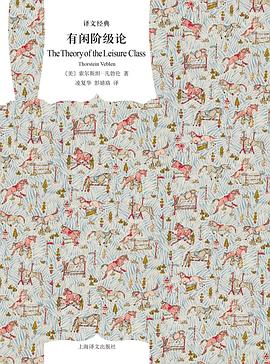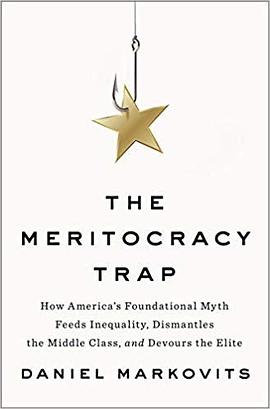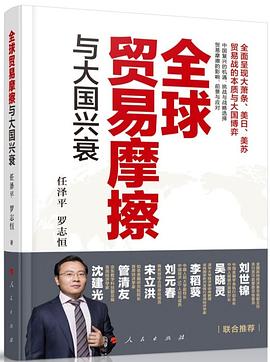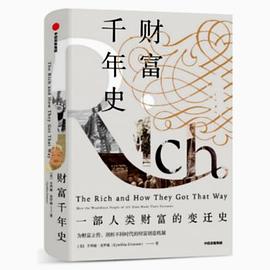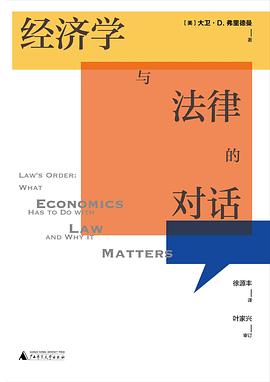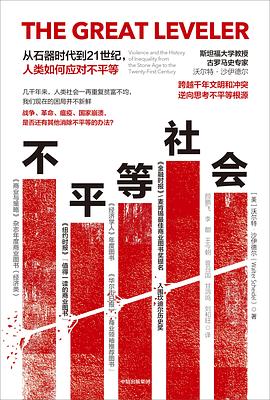

具体描述
From Nobel Prizeâ€"winning economist and New York Times bestselling author Robert Shiller, a new way to think about how popular stories help drive economic events
In a world in which internet troll farms attempt to influence foreign elections, can we afford to ignore the power of viral stories to affect economies? In this groundbreaking book, Nobel Prizeâ€"winning economist and New York Times bestselling author Robert Shiller offers a new way to think about the economy and economic change. Using a rich array of historical examples and data, Shiller argues that studying popular stories that affect individual and collective economic behaviorâ€"what he calls "narrative economics"â€"has the potential to vastly improve our ability to predict, prepare for, and lessen the damage of financial crises, recessions, depressions, and other major economic events.
Spread through the public in the form of popular stories, ideas can go viral and move marketsâ€"whether it's the belief that tech stocks can only go up, that housing prices never fall, or that some firms are too big to fail. Whether true or false, stories like theseâ€"transmitted by word of mouth, by the news media, and increasingly by social mediaâ€"drive the economy by driving our decisions about how and where to invest, how much to spend and save, and more. But despite the obvious importance of such stories, most economists have paid little attention to them. Narrative Economics sets out to change that by laying the foundation for a way of understanding how stories help propel economic events that have had led to war, mass unemployment, and increased inequality.
The stories people tellâ€"about economic confidence or panic, housing booms, the American dream, or Bitcoinâ€"affect economic outcomes. Narrative Economics explains how we can begin to take these stories seriously. The result may be Robert Shiller's most important book to date.
用户评价
从传染病学和心理学的角度去分析narrative对于经济的影响,其中提到的传染病学理论去研究新闻(narrative)在公众里的传播、变异和影响,非常贴切。里面提到的几个perennial narrative(反复出现的narrative)可以理解为几种反复出现不断变异的病毒,每次得到合适的土壤就会卷土重来。这对于券商宏观分析师来说其实是很有用的,希望有一天可以用微博热搜或者微信公众号文章阅读出一个"最受关注的narrative指数"
评分##作者试图理解经济事件的传播轨迹,就像书名就是叙事经济学,经济事件的叙事方式对经济事件的后果影响很大。作者用了很多全球社会上发生的大事来论证传播轨迹遵循了一种类似流行病学传播轨迹的模型。 2020新冠之年读这本书可能挺有代入感的。推荐人:哈柬俊
评分##1.作者开创了 ”Narrative Economics“ 这个门类的研究,可以大胆推测,在假以时日,作者可能因这个主题再拿一个诺贝尔奖。 2.本书偏学术的书写方式,显然经过作者多年细心的研究,且涉及经济历史、社会心理、精神学、病毒等学科的旁征博引,值得作为经典书经常翻看。 3.缺陷是:1.本书以美国的、1900年至今的历次经济衰退为主要研究对象,缺乏全球范围的洞察,与中国的社会、经济情况相差很大;2.本书仅作”开山之作“,还没有形成理论体系,和具体成型的论断。老爷子已经76岁了,希望他能完成这个工作!
评分##good stories badly assembled together
评分从传染病学和心理学的角度去分析narrative对于经济的影响,其中提到的传染病学理论去研究新闻(narrative)在公众里的传播、变异和影响,非常贴切。里面提到的几个perennial narrative(反复出现的narrative)可以理解为几种反复出现不断变异的病毒,每次得到合适的土壤就会卷土重来。这对于券商宏观分析师来说其实是很有用的,希望有一天可以用微博热搜或者微信公众号文章阅读出一个"最受关注的narrative指数"
评分##想法其实挺简单,在传统经济理论中加入行为学因素。是个应景的理论,因为随着科技发展,消息的传播越来越快。一句话概括全书: thought viruses are responsible for many of the changes we observe in economic activities, and it's gonna come again, again and again. 这本书写得不咋的,但充分激发了我学习病理学等自然科学的热情。感觉未来传统学科的第二春也只能来自跨学科交融的突变(mutation)了。以及,得流量者得天下啊。
评分##经济现象的社会心理学
评分##好像什么都说了,又好像什么都没说。。。
评分##1.作者开创了 ”Narrative Economics“ 这个门类的研究,可以大胆推测,在假以时日,作者可能因这个主题再拿一个诺贝尔奖。 2.本书偏学术的书写方式,显然经过作者多年细心的研究,且涉及经济历史、社会心理、精神学、病毒等学科的旁征博引,值得作为经典书经常翻看。 3.缺陷是:1.本书以美国的、1900年至今的历次经济衰退为主要研究对象,缺乏全球范围的洞察,与中国的社会、经济情况相差很大;2.本书仅作”开山之作“,还没有形成理论体系,和具体成型的论断。老爷子已经76岁了,希望他能完成这个工作!
相关图书
本站所有内容均为互联网搜索引擎提供的公开搜索信息,本站不存储任何数据与内容,任何内容与数据均与本站无关,如有需要请联系相关搜索引擎包括但不限于百度,google,bing,sogou 等
© 2025 book.qciss.net All Rights Reserved. 图书大百科 版权所有

